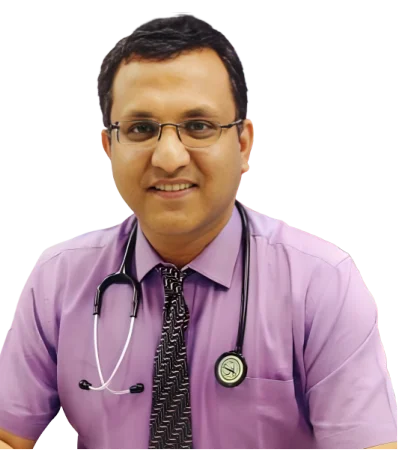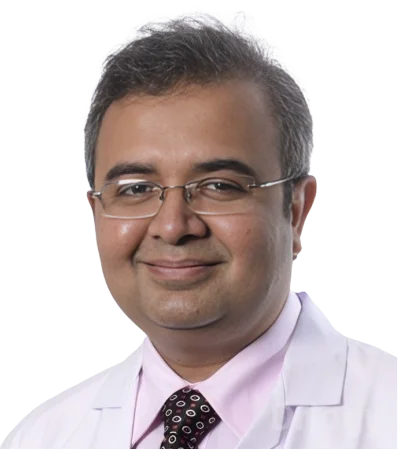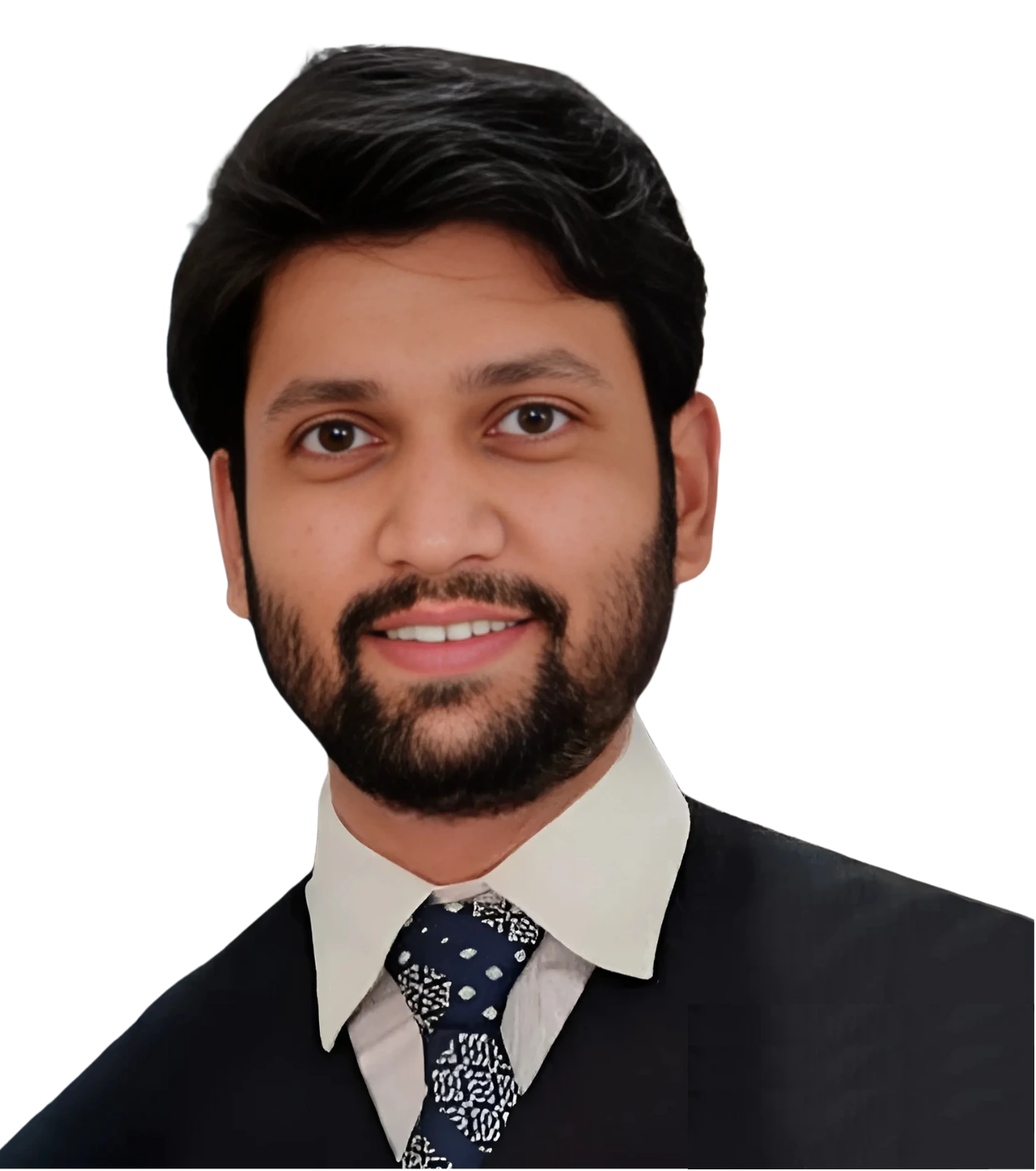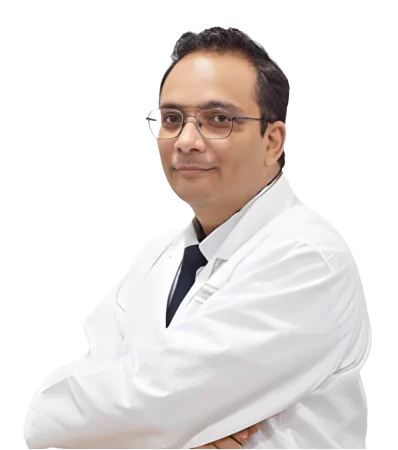Mastectomy Surgery
Personalized, Compassionate Care for Breast Cancer Patients
Mastectomy surgery is an essential procedure for treating breast cancer. It involves removal of either or both breasts in order to stop or stop the cancer’s spread. Here at Chirayu Super Speciality Hospital, we are aware of the emotional and physical issues that arise with the mastectomy. Our team of oncologists, surgeons and other support staff members are dedicated to providing complete, caring support throughout your journey to treatment. With the most modern surgical techniques and an emphasis on holistic recovery our goal is to help you restore your confidence and health.
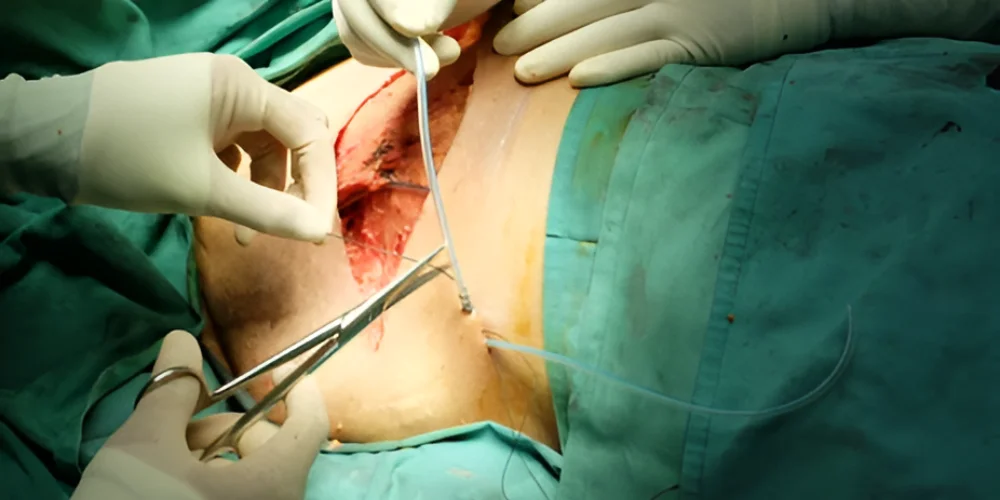
What is Mastectomy Surgery?
Mastectomy refers to a surgical procedure that aims to remove both or one breast in a partial or complete manner as part of treatment for breast cancer, or as a preventive measure to patients at risk. Based on the stage and type of breast cancer in addition to the individual preferences of the patient there are various types of mastectomy techniques can be carried out that range from a straightforward mastectomy (removal of tissues of the breast) up to more intricate altered radical mastectomy (removal of breast lymph nodes, the breast tissue and occasionally, a portion or the muscles in chest).
Who Performs Your Surgery?
In Chirayu Super Speciality Hospital, the mastectomy procedure is carried out by a team of skilled cancer surgeons as well as breast surgeons. These experts are proficient in the latest techniques for surgery and will provide individualized care that is tailored to the specific requirements of your. The surgical team collaborates with radiologists, plastic surgeons and pathologists to create the best possible multidisciplinary approach to optimize both aesthetic and treatment results.
Types of Mastectomy Surgery
- Total (Simple) Mastectomy : It involves elimination of breast in its entirety including the nipple, areola, as well as the majority of the skin that covers it however without removing lymph nodes.
- Modified Radical Mastectomy : The procedure involves the removal of the breast completely, as well as the lymph nodes in the axillary region (underarm lymph nodes) and occasionally a part of the chest wall muscles.
- Skin-Sparing Mastectomy : The breast tissue is removed while preserving the majority of skin of the breast, allowing for breast reconstruction immediately and a more natural-looking appearance.
- Nipple-Sparing Mastectomy : The breast tissue in its entirety is removed, however the nipple as well as the areola can be preserved, typically when combined with a quick reconstruction.
- Double Mastectomy : It involves taking out both breasts, typically to prevent cancer in those at high risk of developing breast cancer because of the genetics of their family or a history of breast cancer.
Symptoms Indicating the Need for Surgery
- A lump on the breast or a thickening feeling distinct from the tissue surrounding it.
- The size or shape in the appearance or size of breasts.
- Persistent breast pain, nipple discharge, or inverted nipples.
- Pitting or redness on the breast’s skin Similar to the skin on an orange.
- Predisposition to genetics (BRCA1 or mutation BRCA2) or a significant background of mother-daughter cancer.
Diagnosis for Mastectomy Surgery
A diagnosis that requires mastectomy is typically based on an array of tests like mammograms, ultrasounds or MRIs and an examination to confirm whether cancerous cells are in the body. Your oncology specialist will analyze the stage of the cancer, its type, and the site of the cancer as well as your overall health to determine the best method of mastectomy.
Treatment Process
The treatment process starts by a thorough consult where your surgeon will talk about the kind of mastectomy that is appropriate to your particular situation and the procedure itself and the possibilities to reconstruct your breasts if you want. The procedure is typically done under general anesthesia and the time required for surgery varies based on the degree of complexity involved in the procedure as well as whether reconstruction is done simultaneously. Following surgery, you’ll be observed in the recovery room prior to being transferred to a regular hospital room. Our team will provide complete post-operative care that includes treatment for wounds, pain management as well as emotional assistance.
Care and Recovery After Surgery
The time to recover after a mastectomy differs according to the kind of surgery done and the extent of reconstruction. The majority of patients remain in the hospital for anywhere from 1 to 3 days. Complete recovery may take anywhere from a few weeks to a few months. In this period it is important to follow your doctor’s recommendations on exercise and wound treatment, as well as attending regular follow-up appointments. A lot of patients will require additional treatments, such as radiation therapy, chemotherapy or hormone therapy in their treatment plan for cancer.
Advantages of Choosing Our Surgery Services
Comprehensive Cancer Care
Our multidisciplinary team provides coordinated care from diagnosis through recovery, ensuring all aspects of your treatment are managed with precision and compassion.
Advanced Surgical Techniques
We offer the latest surgical options, including skin-sparing and nipple-sparing mastectomies, with a focus on preserving as much of your natural breast contour as possible.
Holistic Support
Our care extends beyond the operating room, with dedicated support services, including counseling, physical therapy, and nutritional guidance to help you through recovery.
What Our Patients Say
Read about our patients positive experiences and how Chirayu Super Speciality Hospital has positively impacted their health and well-being.


My recovery was empowered by the excellent care I received. The support from Chirayu team made all the difference in my journey.


The surgeons at Chirayu were both compassionate and skilled. They took the time to explain everything and made sure I was comfortable throughout the process.


After my double mastectomy, the compassionate care I received helped me recover smoothly. I’m grateful for the professional and emotional support.


The care and expertise I received during my mastectomy were exceptional. The team at Chirayu made sure I felt supported every step of the way.
Meet Our Medical Specialists
Our expert surgeons specialize in mastectomy procedures, offering compassionate, advanced care tailored to each patient’s unique cancer treatment journey.
Frequently Asked Questions
Here, we provide answers to some of the most commonly asked questions to help you better understand about our surgery services. If you have any additional questions, please do not hesitate to contact us.
Types include total mastectomy, modified radical mastectomy, skin-sparing mastectomy, nipple-sparing mastectomy, and double mastectomy.
A mastectomy is a surgical procedure to remove one or both breasts, usually to treat or prevent breast cancer.
Individuals diagnosed with breast cancer or those at high risk due to genetic factors or family history may consider a mastectomy.
Recovery time varies but generally takes a few weeks to several months, depending on the type of surgery and individual healing.
Preparation involves consultations with your surgical team, understanding your surgical options, and possibly undergoing pre-surgery tests.
